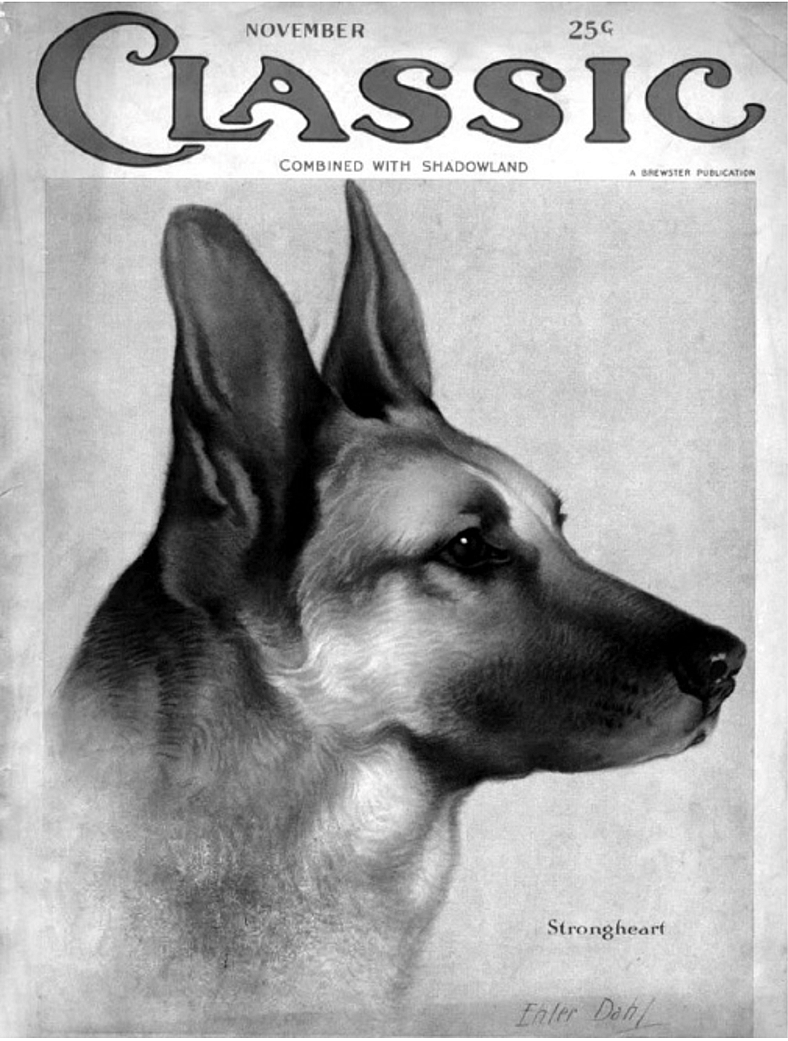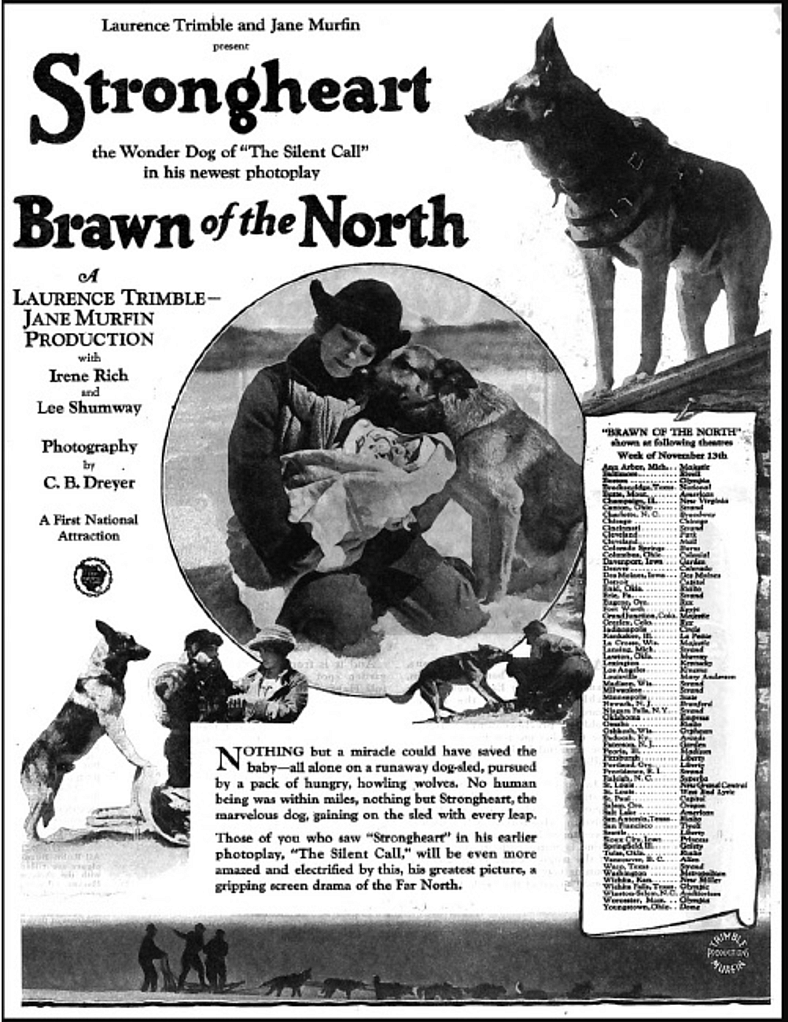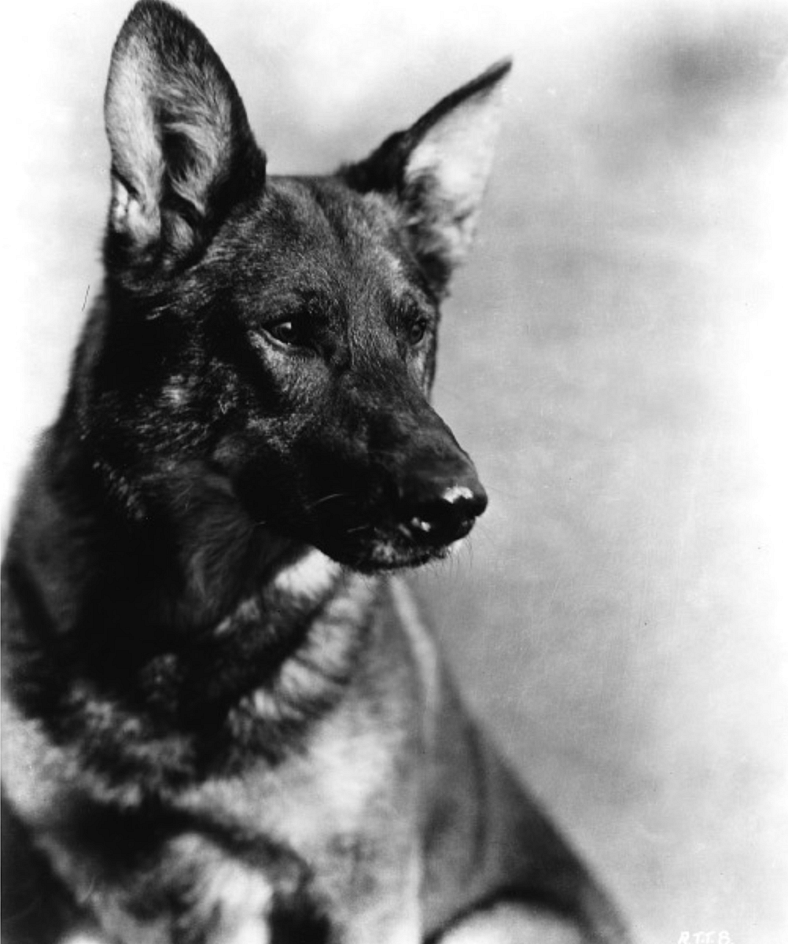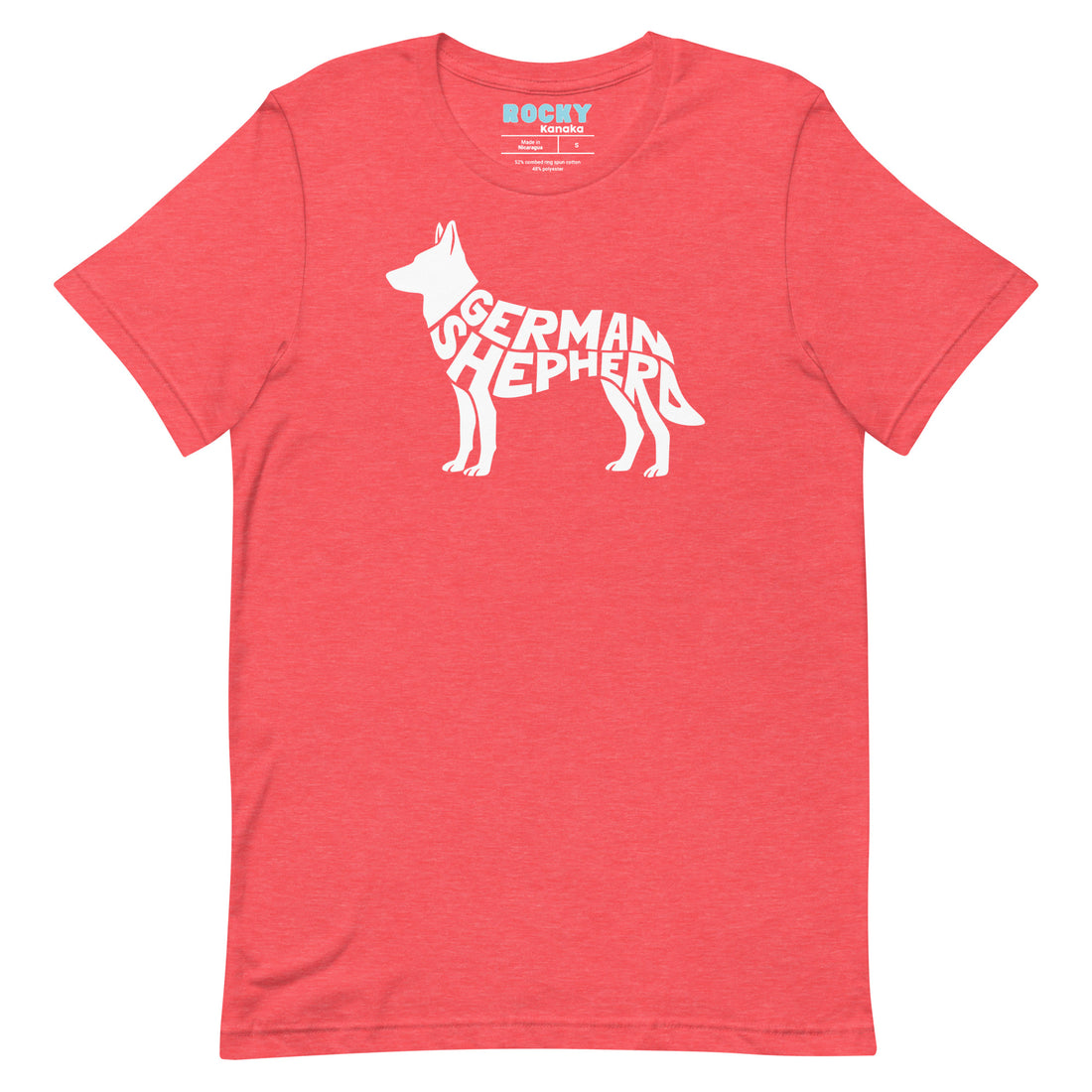How a German Shepherd Hero Saved Hollywood — Meet Rin Tin Tin
In the roaring days of silent cinema, one four-legged star rose above the rest — Rin Tin Tin, a German Shepherd whose journey from the trenches of World War I to Hollywood legend is nothing short of extraordinary. Born around October 10, 1918, in Flirey, France, he was rescued by U.S. Army Corporal Lee Duncan after Allied forces discovered an abandoned German kennel during the final months of the war.
Duncan brought the puppy back to the U.S., where his athleticism and intelligence soon caught the eye of filmmakers. In 1922, Rin Tin Tin made his screen debut in The Man from Hell’s River, taking over for a wolf actor who refused to perform the stunts. From that moment, Rinty — as he was affectionately called — soared to stardom, starring in 27 motion pictures for Warner Bros. and becoming one of the most beloved figures of the silent-film era.
The Canine Who “Saved Hollywood”

When Warner Bros. faced financial trouble in the early 1920s, Rin Tin Tin’s films helped pull the studio back from the brink. His popularity was so immense that he earned thousands of fan letters weekly and was credited with helping popularise German Shepherds in America. His heroic screen performances — chasing villains, rescuing victims, and performing daring stunts — made him both a box-office draw and a cultural icon.
Though silent films depended on intertitles rather than spoken dialogue, Rin Tin Tin’s expressive abilities made him deeply relatable: his soulful eyes, athletic moves, and magnetic presence communicated emotion without words. A 1925 review went so far as to say: “Every time the human cast stacks up alongside the exploits of the animal player… the latter stands out far ahead.”
From Battlefield Pup to Big Screen Hero
Lee Duncan’s story of discovering Rin Tin Tin has become legend. He found the puppy in a bombed-out kennel in France, named him after a popular pair of French good-luck dolls, and brought him back to the U.S. where Rinty’s destiny as a film star was born. After rigorous training under Duncan’s guidance, the dog and trainer knocked on Hollywood’s “Poverty Row” studio doors until they got a break.

His first starring role in Where the North Begins (1923) became a defining moment — the film was a major hit and cemented the dog’s fame. Rinty later appeared in early sound features and serialized adventures, laying the groundwork for the decades of canine stars that followed.
Legacy That Endures
Rin Tin Tin died on August 10, 1932, at Duncan’s home in Los Angeles, yet his legacy never faded. His name continued through successors — Rin Tin Tin Jr., III and IV — who appeared in films and television into the 1950s. Today, he’s remembered not only as a Hollywood novelty but as a cultural force: a dog whose story spans wartime rescue, cinematic triumph and the origins of the screen animal star.
In 2011, the American Humane Association honoured the legacy of Rin Tin Tin with a special award, and his star on the Hollywood Walk of Fame remains a silent tribute to a life that reshaped cinematic history.

Why This Matters
The story of Rin Tin Tin isn’t just sweet nostalgia — it speaks to the power of animals in media, the bonds between humans and dogs, and the unexpected ways heroism can emerge. He helped define a new kind of companionship on-screen: loyal, brave, and silent yet profoundly expressive. The German Shepherds we love today — in the home, on duty, and on screen — owe part of their fame to that one dog from France.



